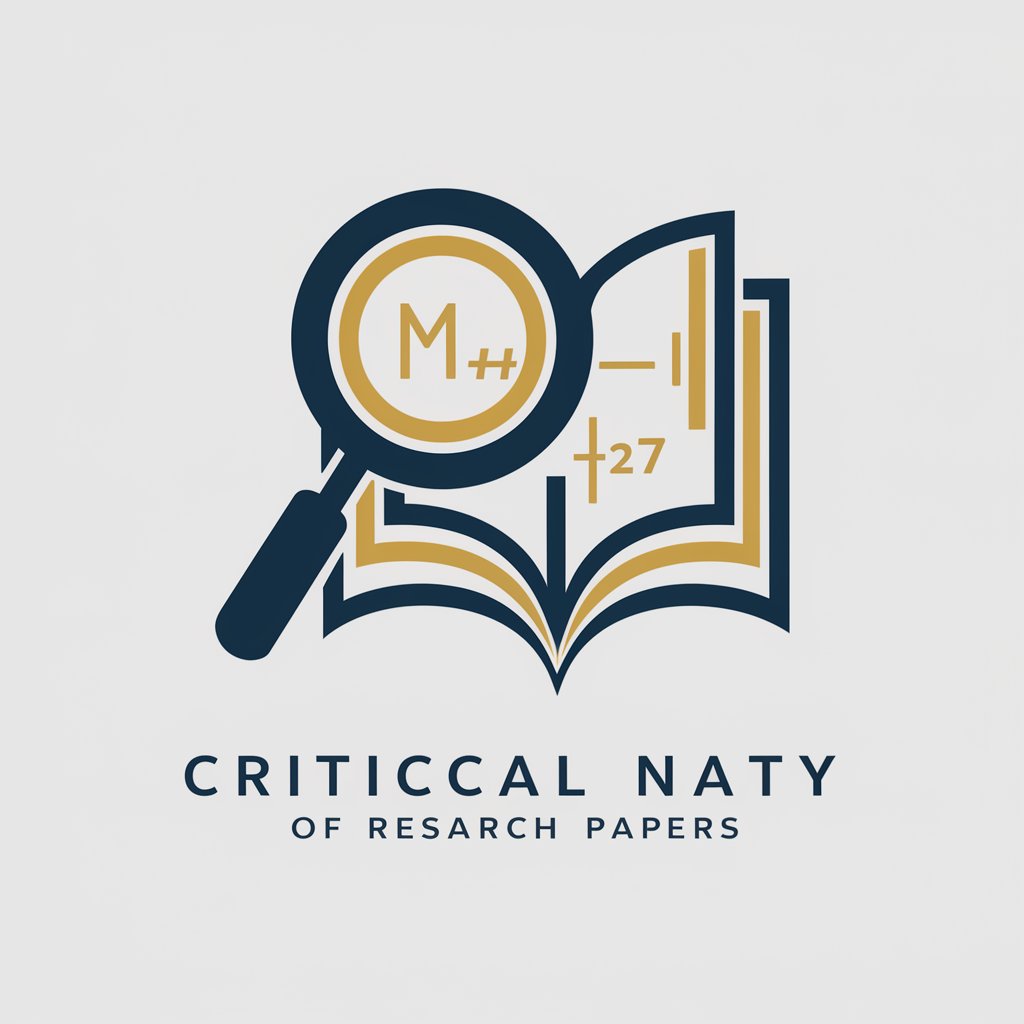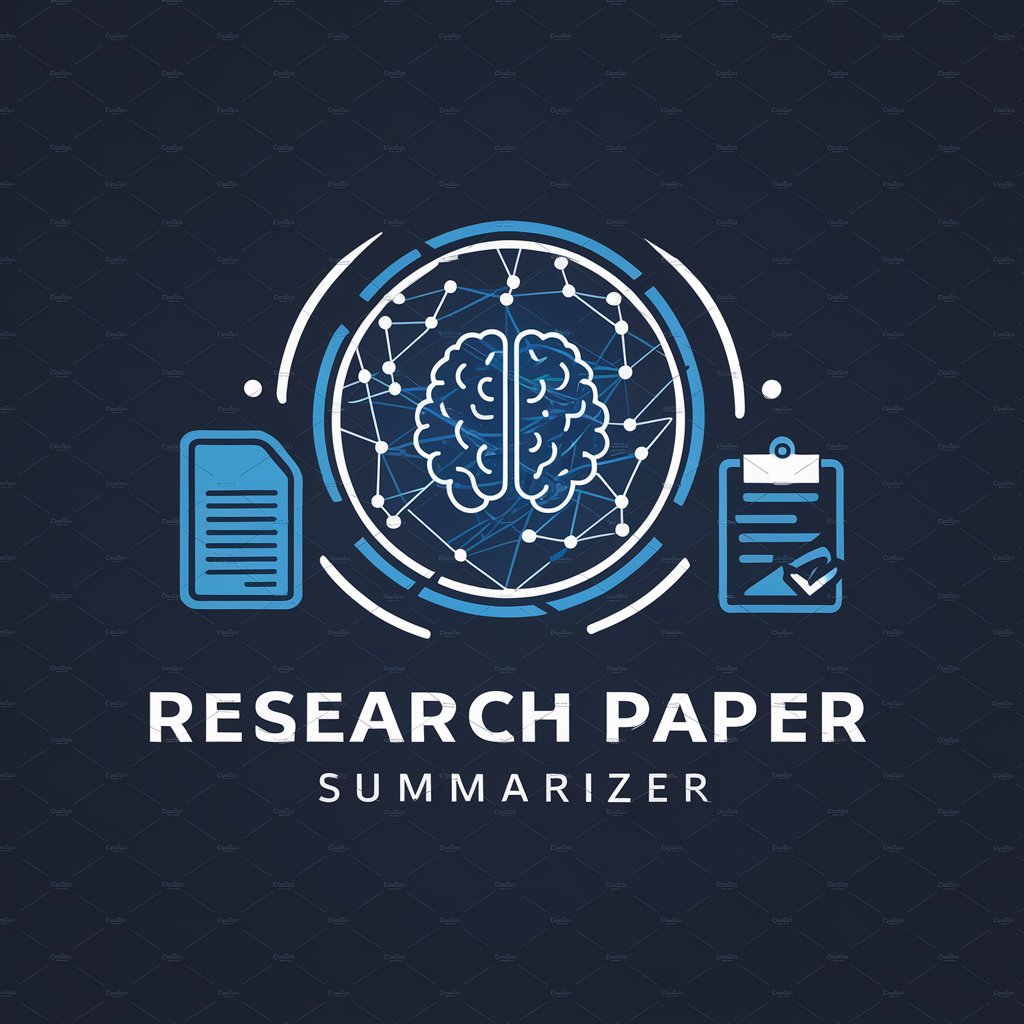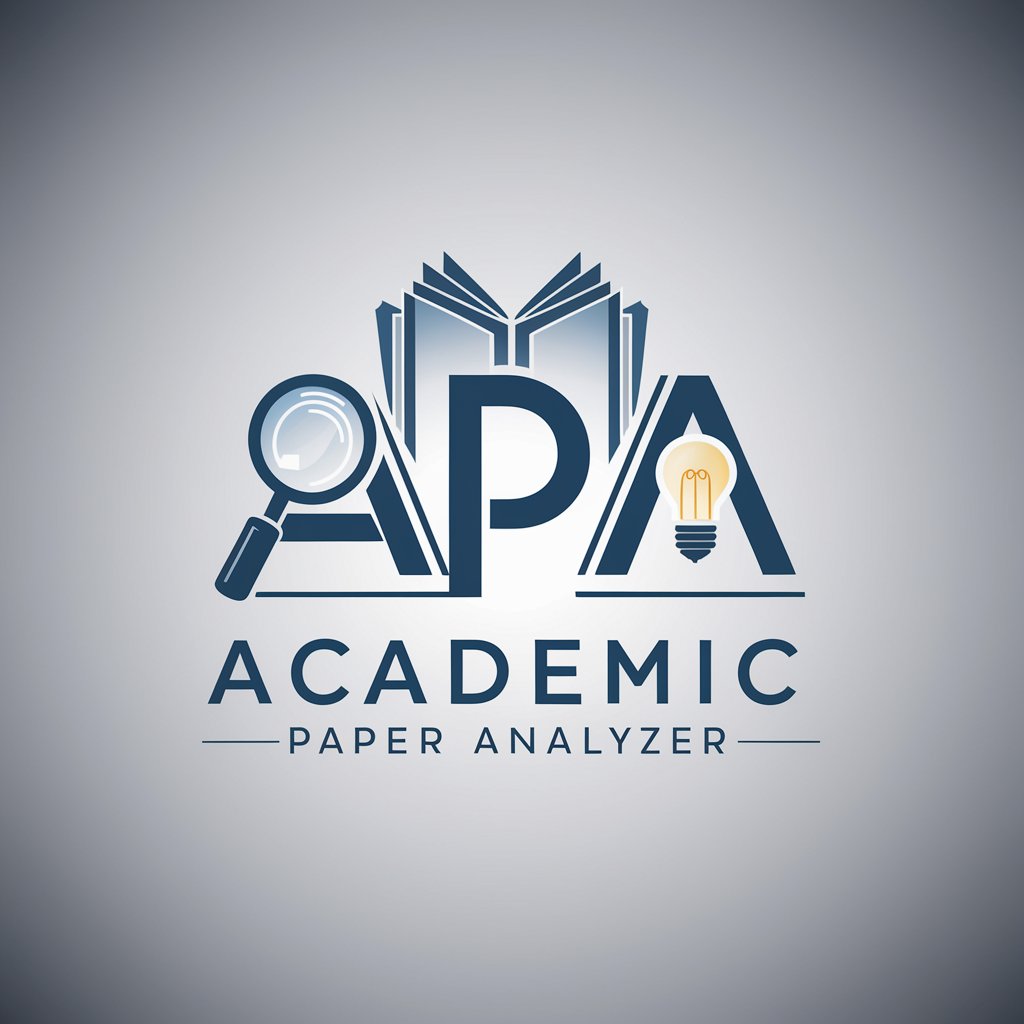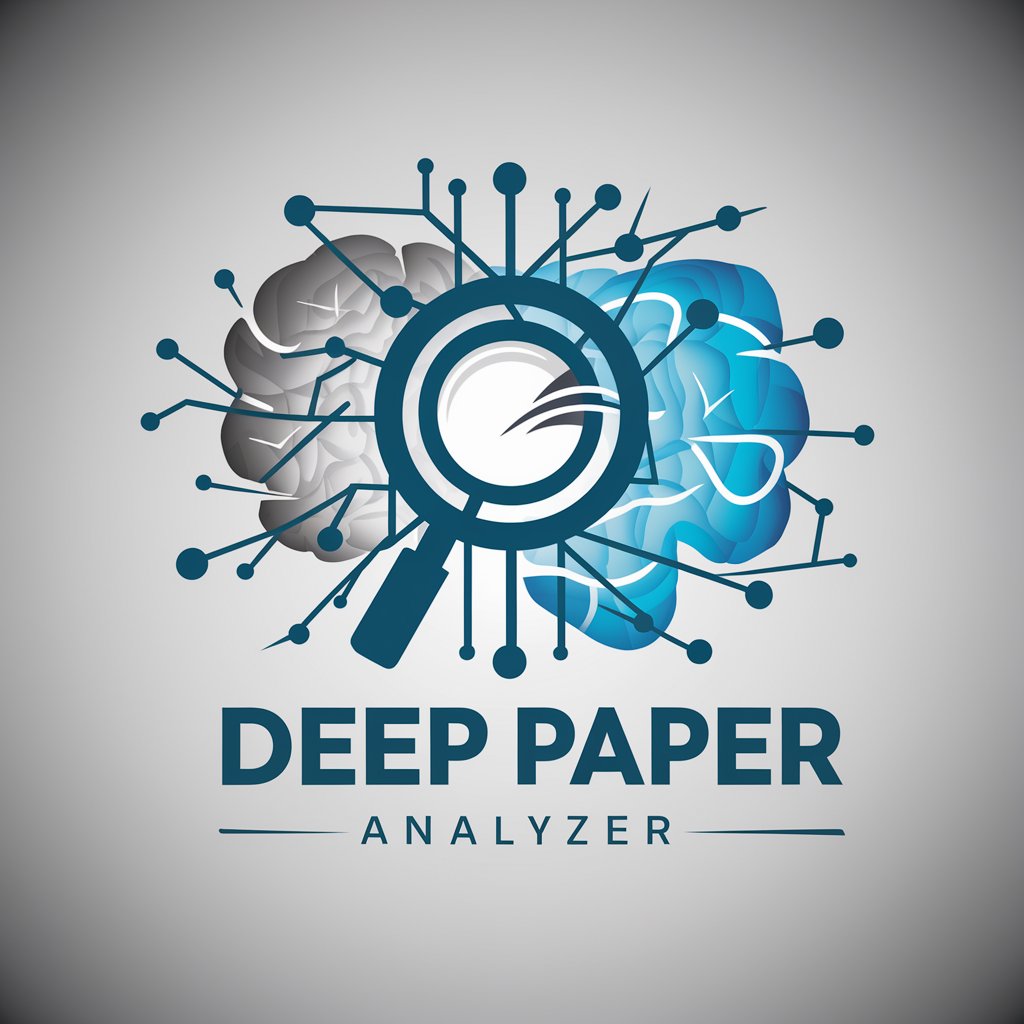
Research Paper analyzer and critique - AI-powered Research Analysis

Welcome to your expert research paper analyzer and critique assistant.
AI-Driven Insights for Academic Excellence
Analyze the main argument of the research paper, focusing on its strengths and weaknesses...
Evaluate the effectiveness of the literature used to support the author's claims in the paper...
Perform a detailed critique of the research methodology and study design in the project...
Simulate the proposed model using ASPEN HYSYS, including all necessary assumptions and calculations...
Get Embed Code
Introduction to Research Paper Analyzer and Critique
Research Paper Analyzer and Critique is a specialized tool designed to thoroughly examine and evaluate research papers, projects, or articles. Its primary purpose is to provide comprehensive insights into various aspects of academic or scientific works, including the effectiveness of arguments, the quality of literature, the strength of research methodologies, and the validity of conclusions. This tool employs a combination of natural language processing techniques, simulation capabilities, mathematical calculations, and critical analysis to generate detailed assessments. By simulating scenarios, performing calculations, and conducting in-depth critiques, it aims to offer a holistic understanding of the strengths and weaknesses of a given research piece. Powered by ChatGPT-4o。

Main Functions of Research Paper Analyzer and Critique
Critique and Evaluation
Example
Analyzing the logical coherence, clarity, and persuasiveness of arguments presented in a research paper.
Scenario
Identifying any logical fallacies, unsupported claims, or biases in the reasoning of the author.
Literature Review Assessment
Example
Assessing the relevance, credibility, and sufficiency of the literature cited in the paper to support its arguments.
Scenario
Evaluating whether the literature review adequately covers existing research and provides a solid foundation for the study.
Research Methodology Analysis
Example
Examining the appropriateness, rigor, and validity of the research methods employed in the study.
Scenario
Assessing the sampling techniques, data collection procedures, and statistical analyses used to ensure the reliability of findings.
Conclusion Evaluation
Example
Assessing the strength of the conclusions drawn by the author based on the results of the study.
Scenario
Determining whether the conclusions are supported by the evidence presented and whether they align with the research objectives.
Simulation and Mathematical Calculations
Example
Performing simulations using tools like ASPEN HYSYS to validate theoretical models or hypotheses proposed in the paper.
Scenario
Conducting mathematical calculations to verify numerical results or assess the feasibility of proposed solutions.
Ideal Users of Research Paper Analyzer and Critique
Academic Researchers and Scholars
Academic researchers and scholars who are involved in producing or evaluating research papers can benefit greatly from the services provided by Research Paper Analyzer and Critique. They can use this tool to ensure the quality and rigor of their own work, as well as to critically assess the contributions of others in their field. By receiving detailed evaluations and recommendations, researchers can enhance the impact and credibility of their research outputs.
Students and Educators
Students and educators at universities or research institutions can utilize Research Paper Analyzer and Critique to enhance their learning and teaching experiences. Students can use the tool to analyze and critique academic papers as part of their coursework or research projects, while educators can leverage it to provide constructive feedback and guidance to their students. By engaging with this tool, students can develop critical thinking skills and gain a deeper understanding of research methodologies and academic writing.
Industry Professionals and Decision Makers
Industry professionals and decision-makers who rely on research findings to inform business strategies, policy decisions, or technological advancements can also benefit from the services offered by Research Paper Analyzer and Critique. By receiving thorough evaluations of research papers relevant to their fields, professionals can make informed decisions and ensure that they are incorporating the most reliable and impactful research into their practices. This can lead to more effective solutions, better decision-making processes, and improved outcomes in various industries.

How to Use the Research Paper Analyzer and Critique Tool
Step 1
Visit yeschat.ai for a free trial without login, and no requirement for ChatGPT Plus.
Step 2
Choose 'Research Paper Analyzer and Critique' from the available tools. This will navigate you to the interface specifically designed for analyzing and critiquing research papers.
Step 3
Upload or paste the text of the research paper you want to analyze. Ensure the paper is in a compatible format such as PDF or text.
Step 4
Select the specific aspects you want to analyze, such as literature review effectiveness, argument strength, or data analysis coherence.
Step 5
Submit the paper for analysis. Review the generated critique and use the insights provided to refine your research or understand the paper's strengths and weaknesses.
Try other advanced and practical GPTs
小说GPT
AI-powered tool for epic novels

Buyer Persona
Unlock customer insights with AI-powered profiling.

Access pro
Unlock insights with AI-powered Access pro.

CM Light Stuctural Sytems
AI-powered structural engineering tool

Quick Multiple Choice Answer
Instant, AI-Powered Multiple Choice Answers

Data Engineer
Empowering Data Engineering with AI

Speak English Now!
Empower your English with AI assistance.
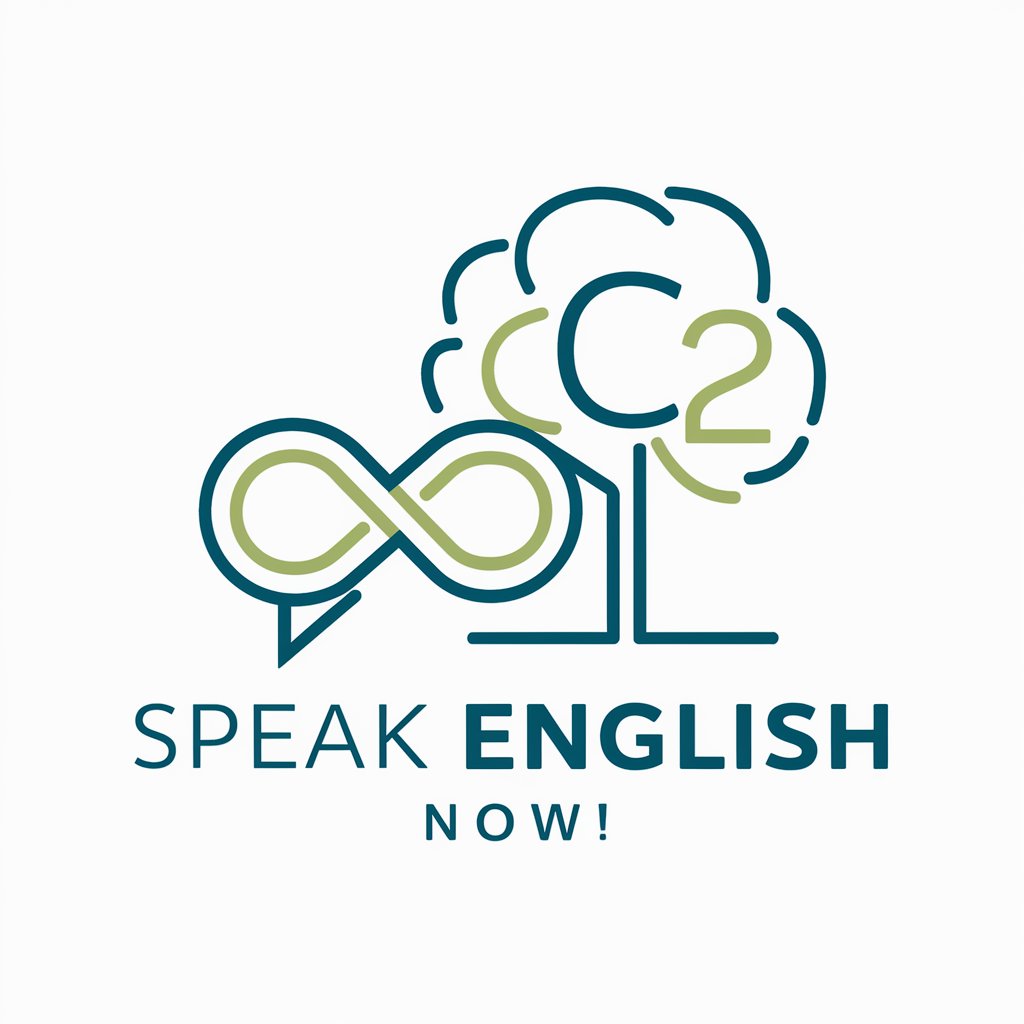
Draw
AI-powered Technical Drawing Made Easy

Hadon - Dreams Interpreter
Unlock insights with AI-powered dream analysis.

Chief of COP at LemTech
Enhance Python proficiency with AI guidance.

Sales Copywriting Machine
Transform Your Content with AI Magic!
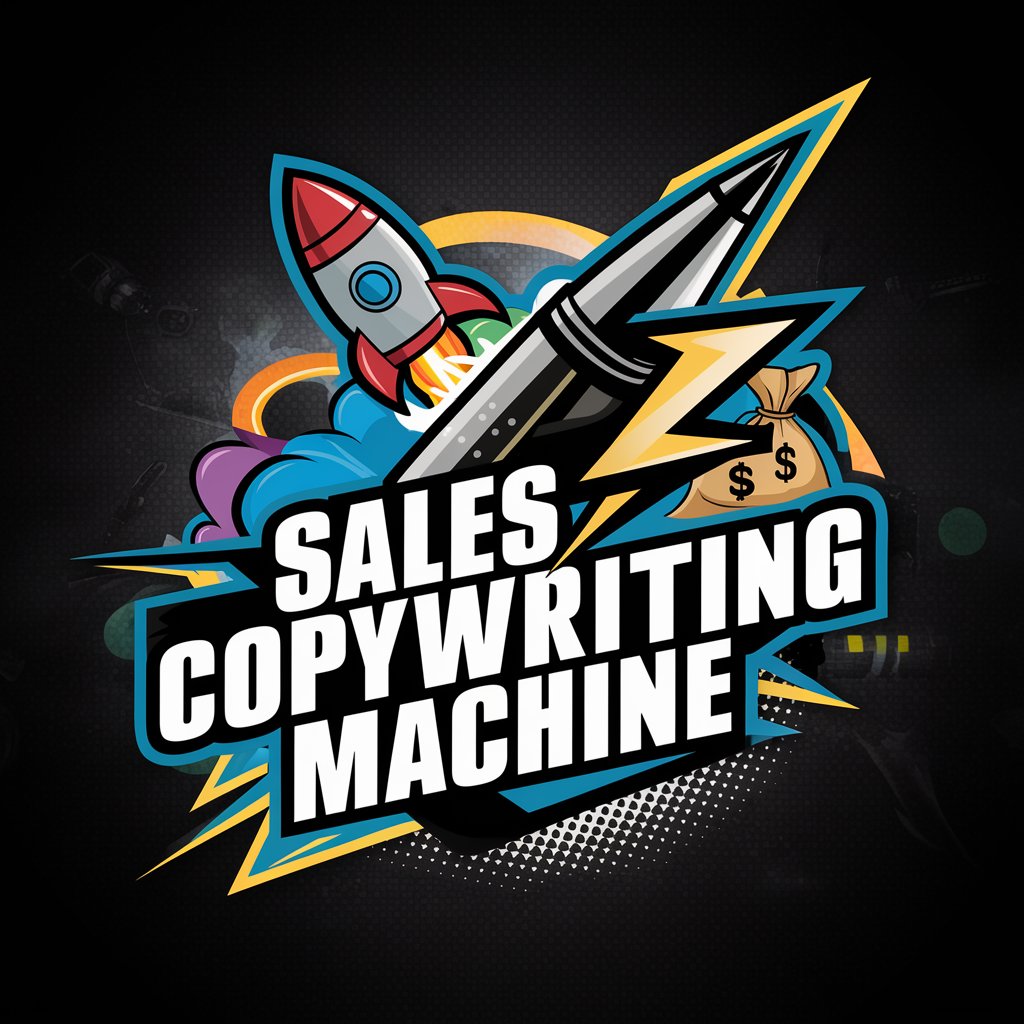
Solana Price Trader & Predictor
AI-powered trading insights for Solana

Frequently Asked Questions about Research Paper Analyzer and Critique
What types of research papers can the tool analyze?
The tool is capable of analyzing research papers across various fields, including sciences, humanities, and social sciences, focusing on structure, arguments, and data validity.
Can it generate references for a paper?
Yes, the tool can suggest references based on the content analyzed, ensuring they are relevant and current to support the paper's arguments effectively.
Does the tool offer plagiarism checking?
While the primary function is to analyze and critique, it does highlight similarities that might suggest plagiarism, encouraging users to ensure originality in their submissions.
How does the tool critique statistical data presented in papers?
It assesses the appropriateness of statistical methods used, the accuracy of data representation, and the logical coherence of the conclusions drawn from the data.
Is the tool suitable for both students and professionals?
Absolutely, the tool is designed to be beneficial for students, researchers, and professionals alike, offering detailed critiques that are useful at all levels of academic and professional research.
